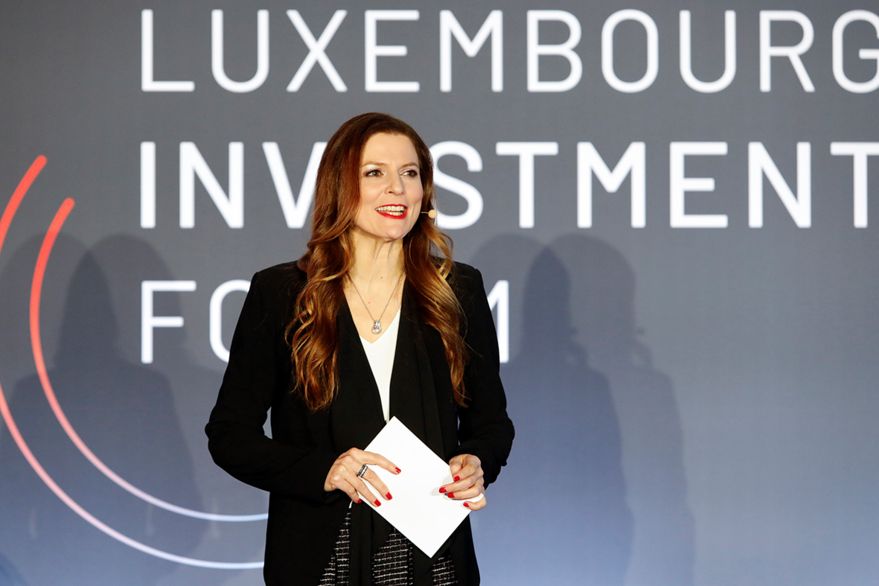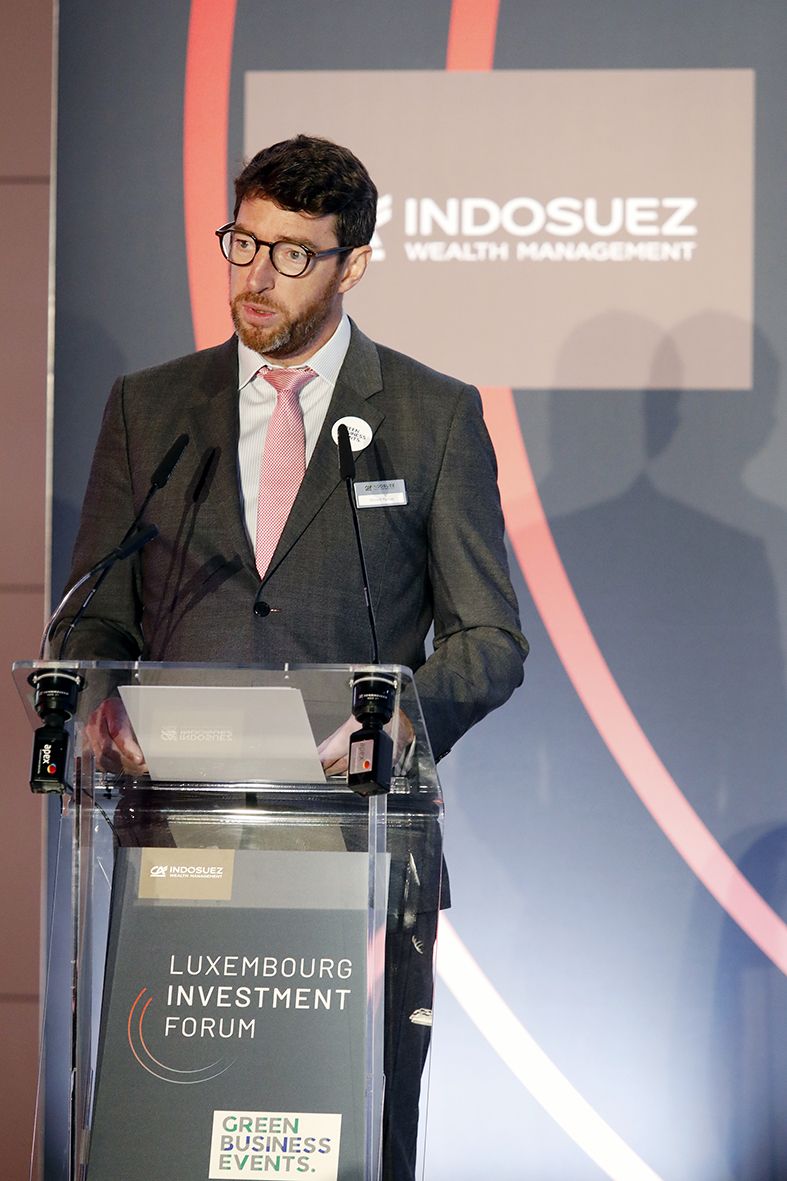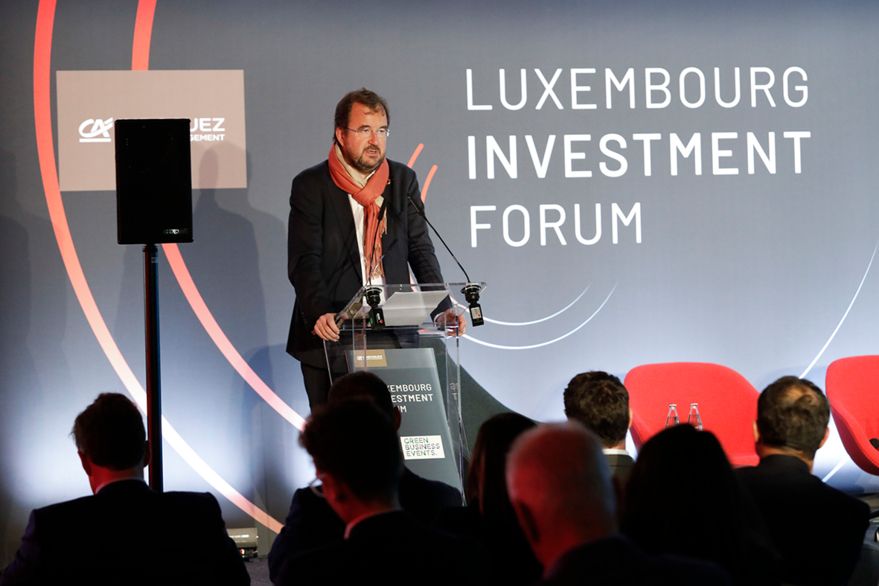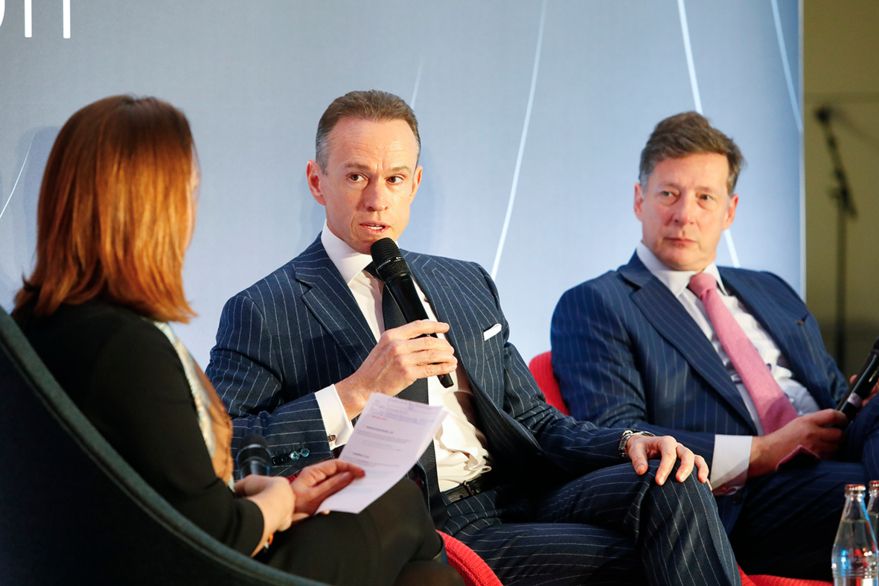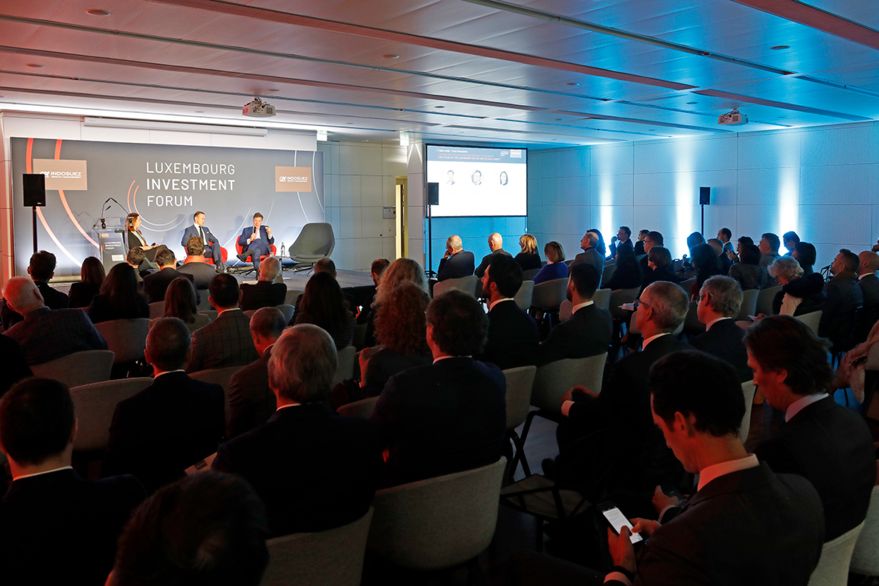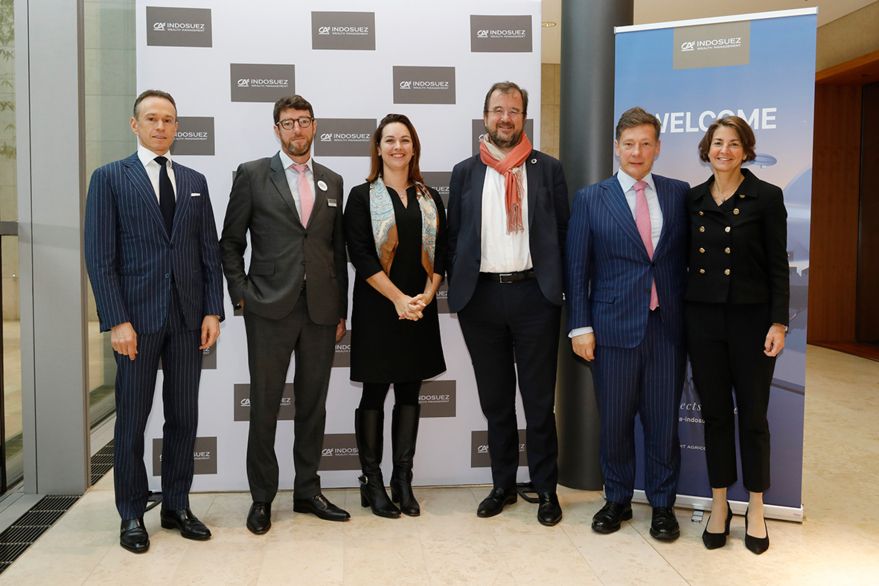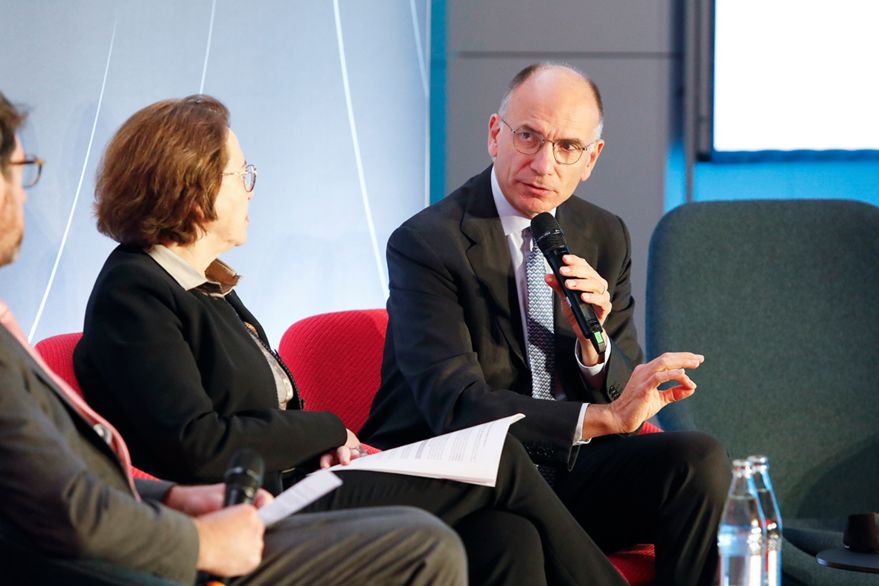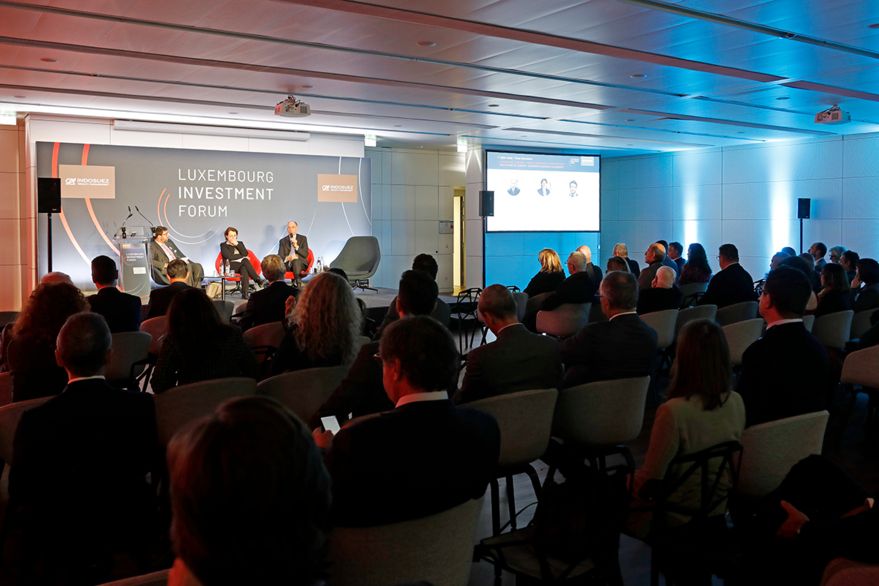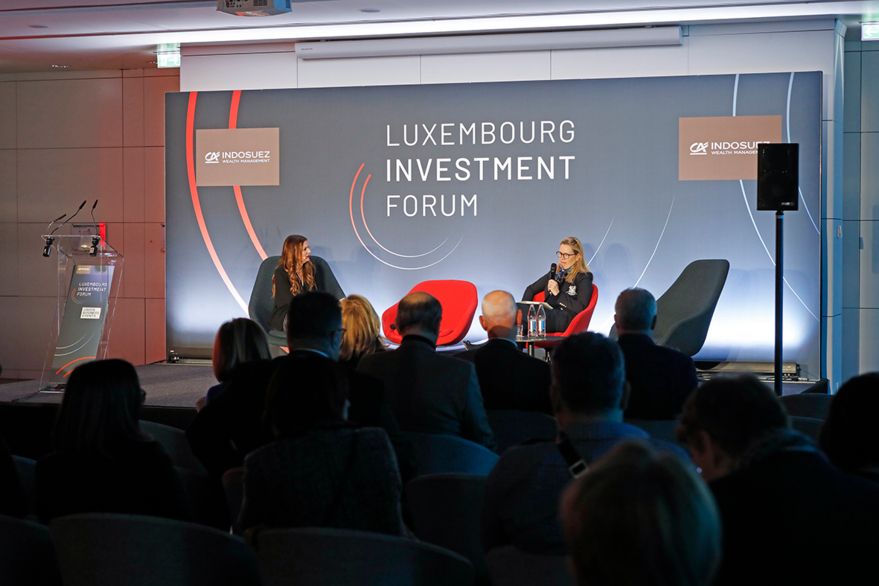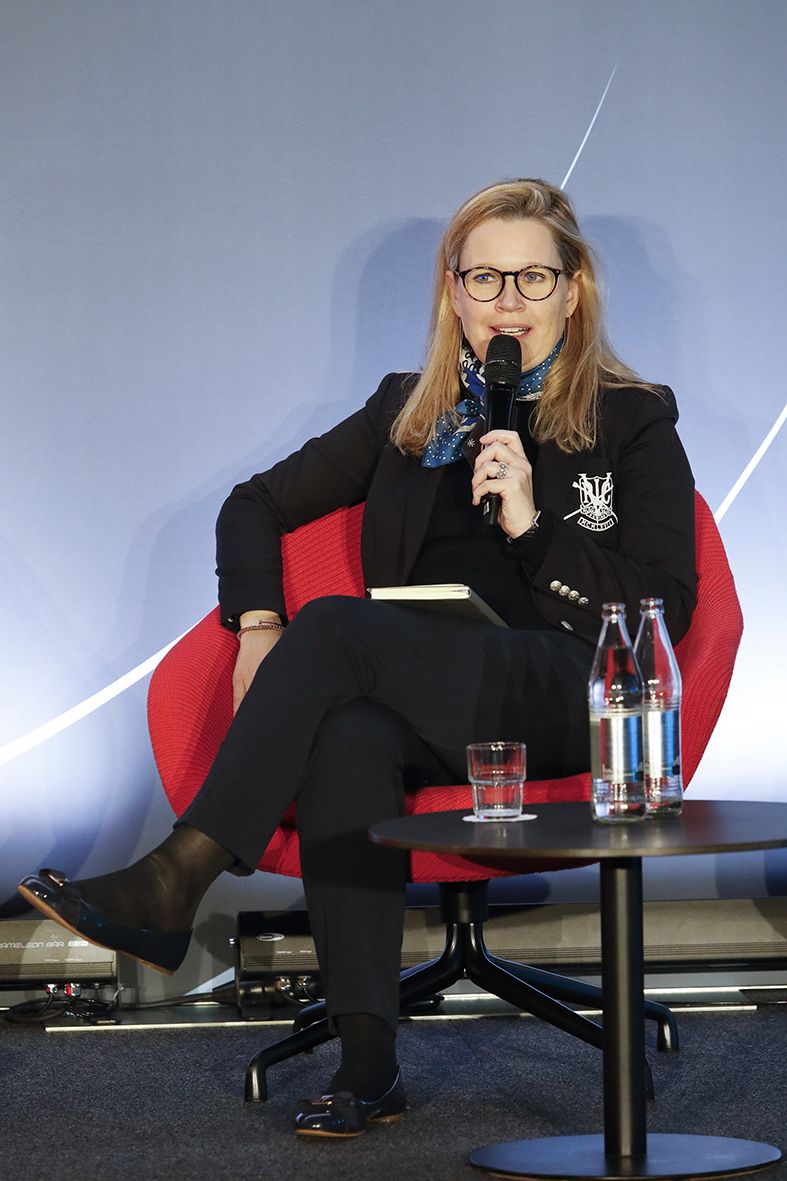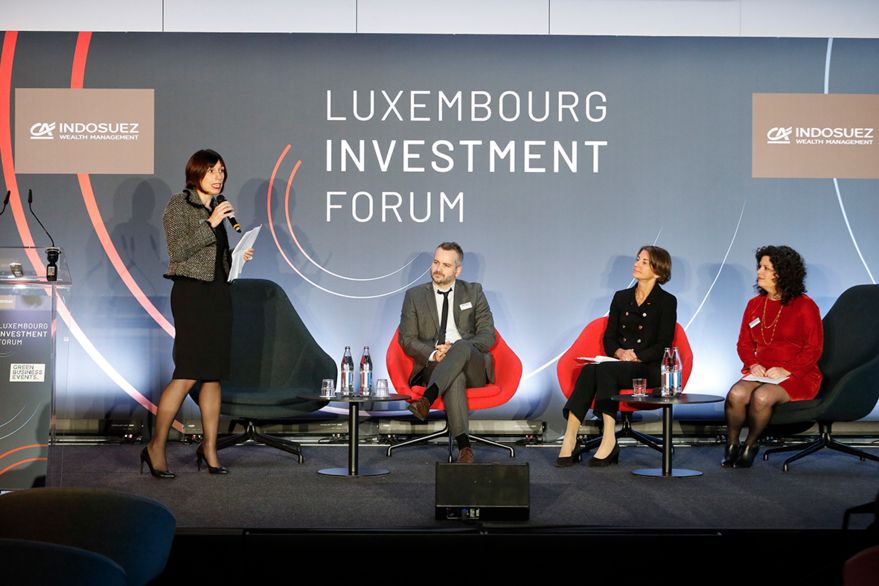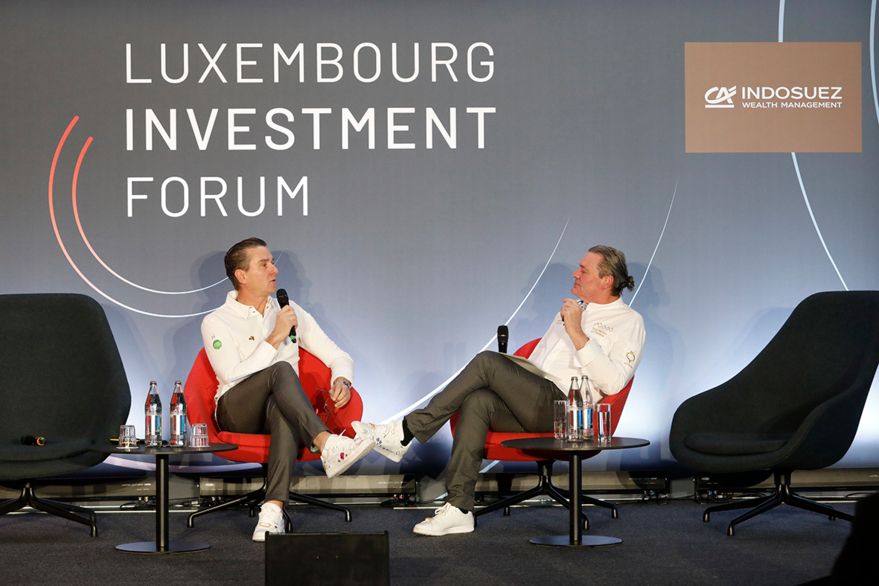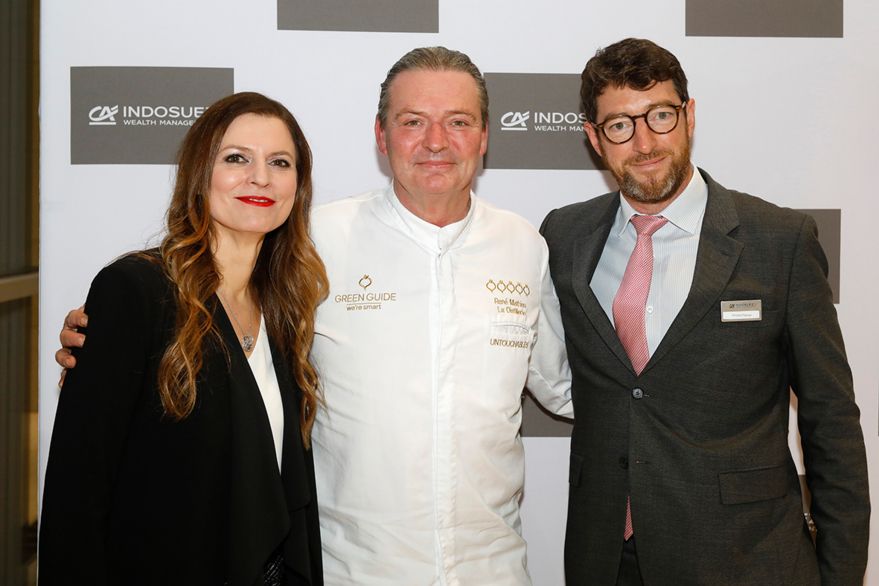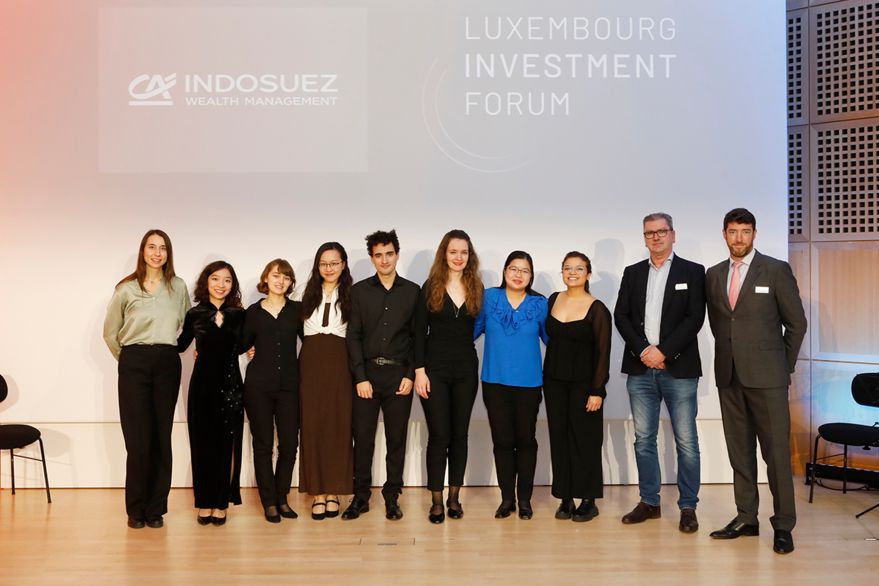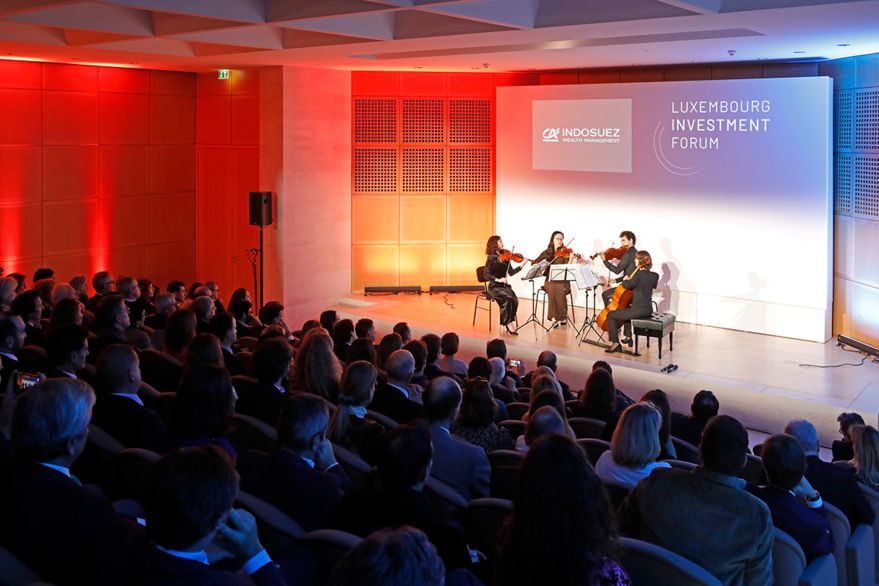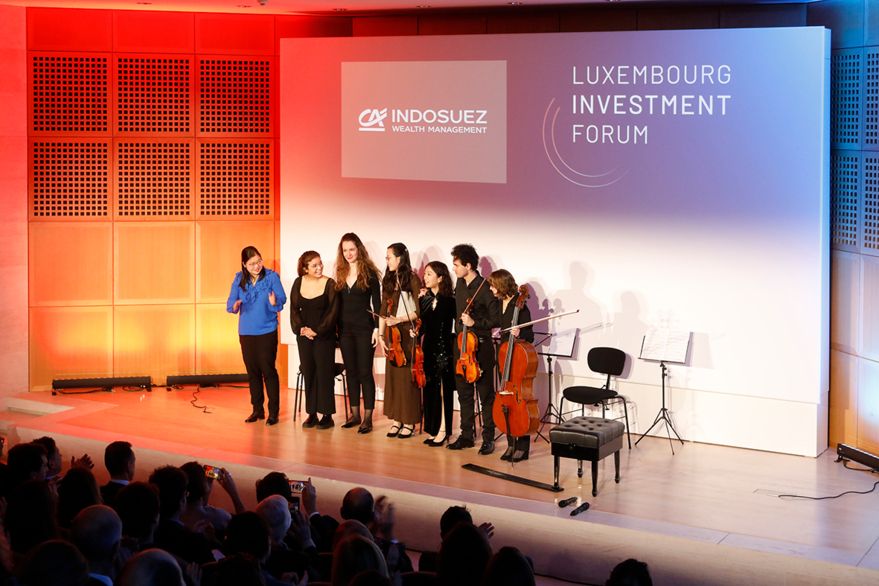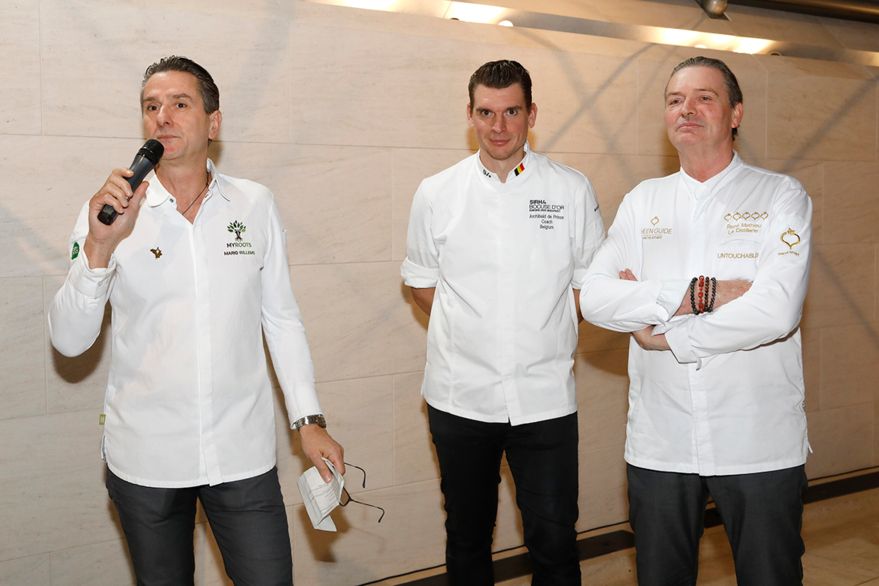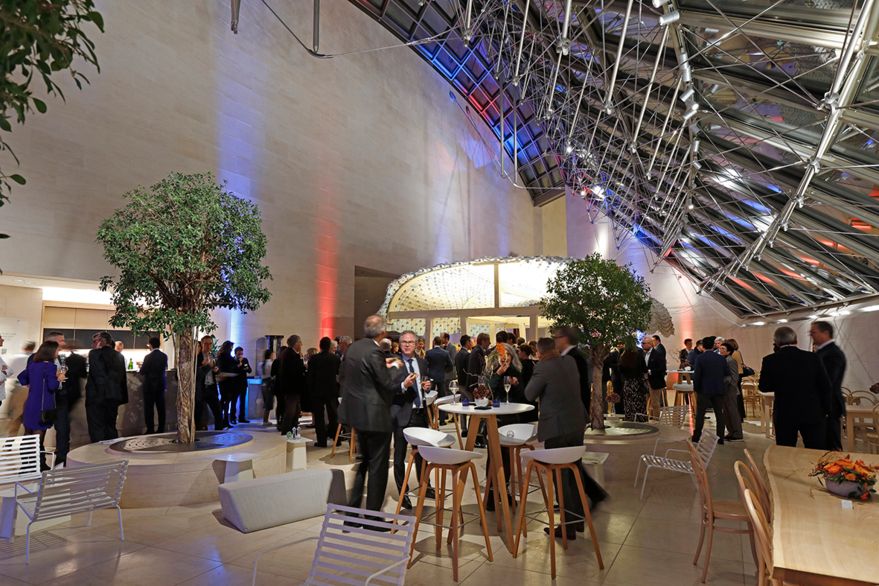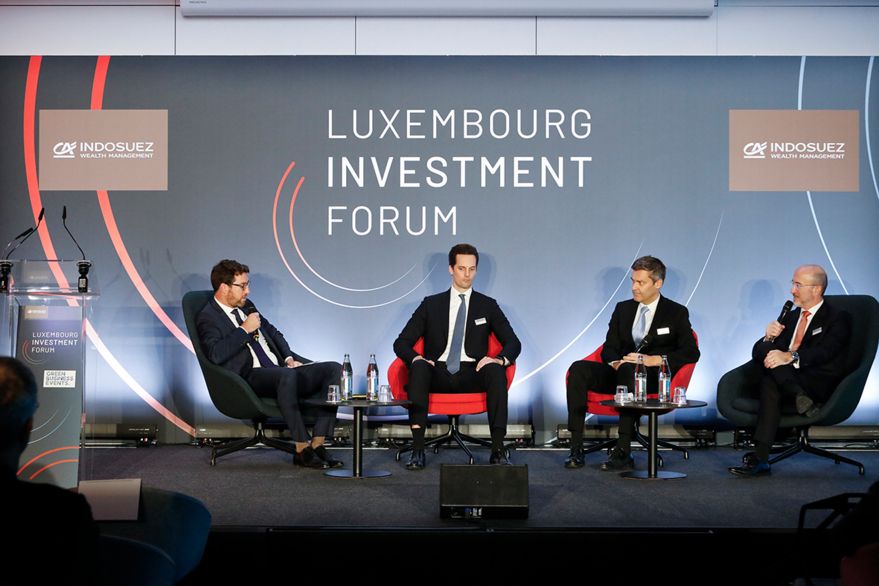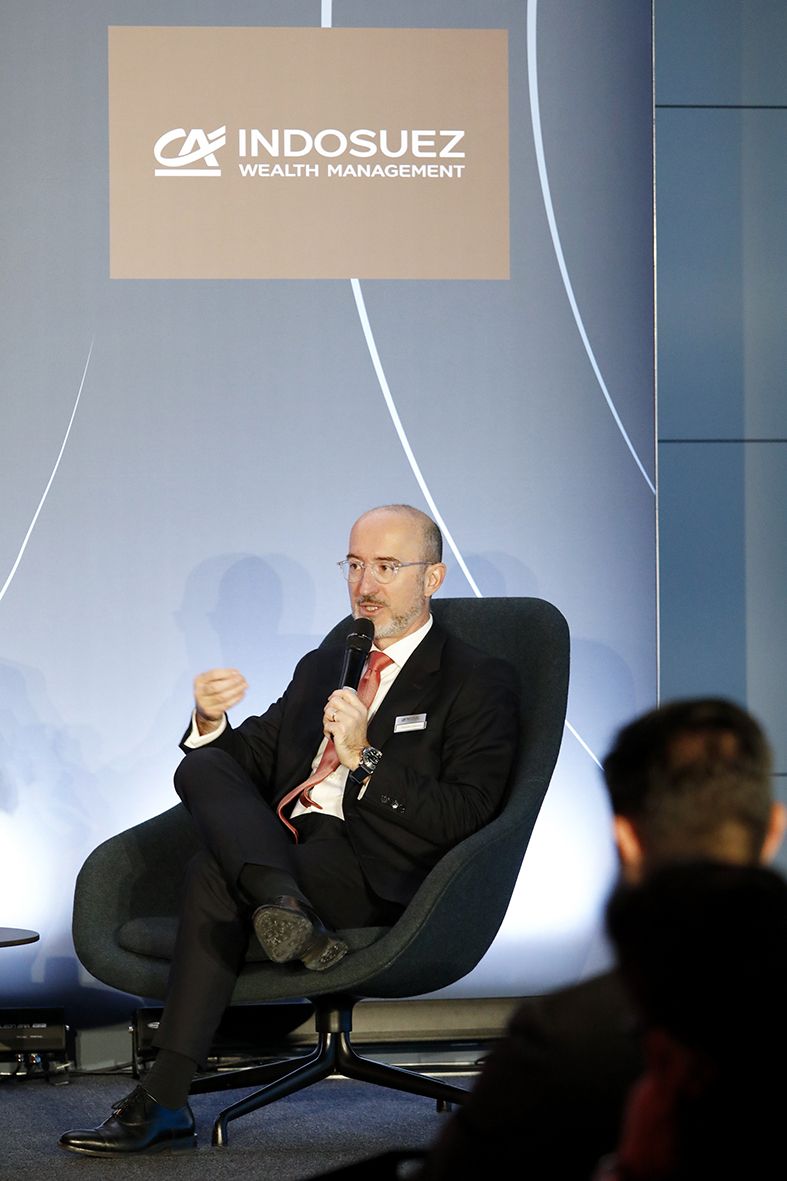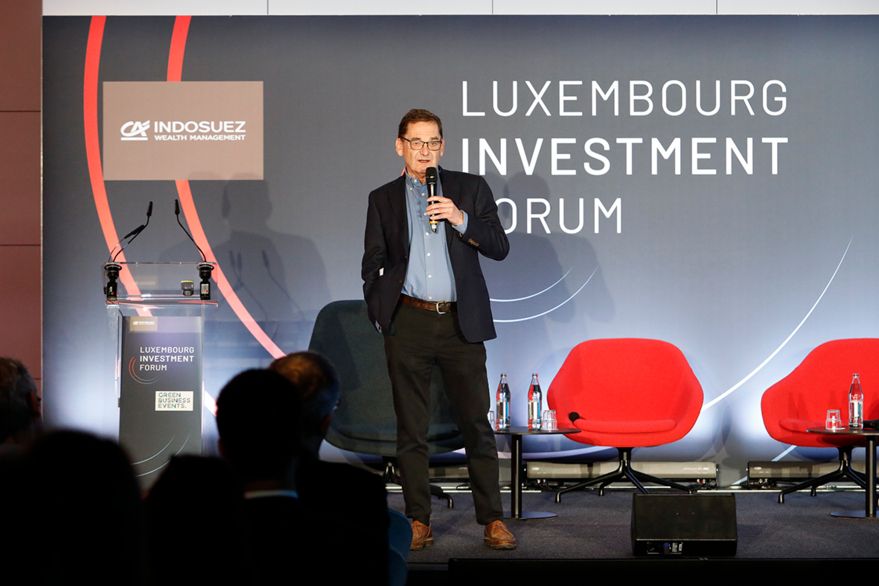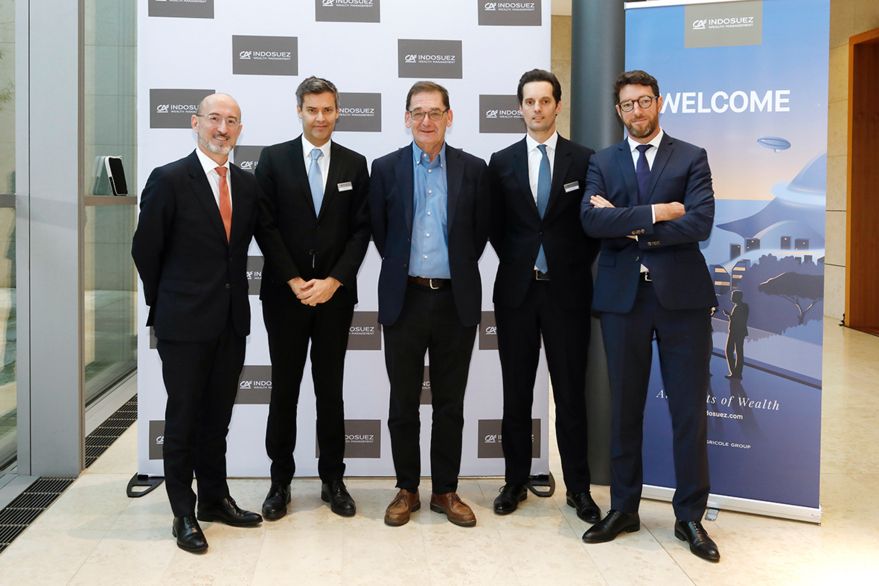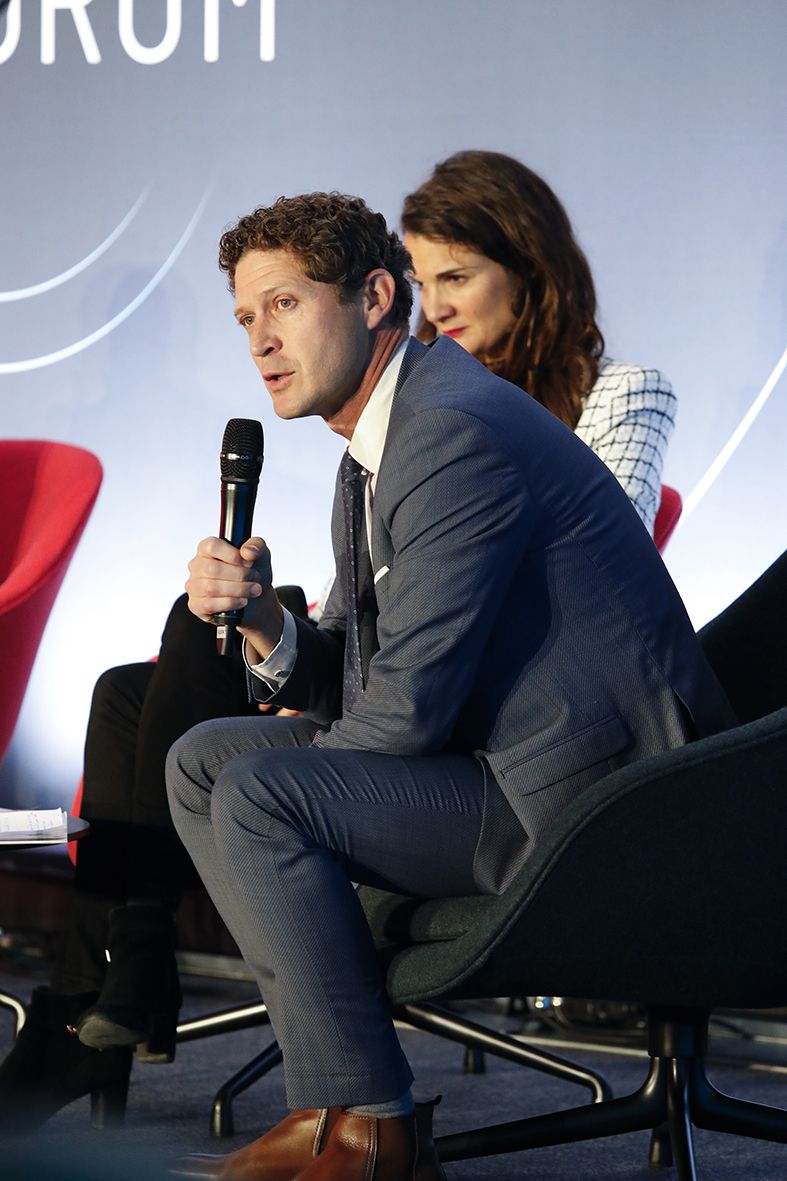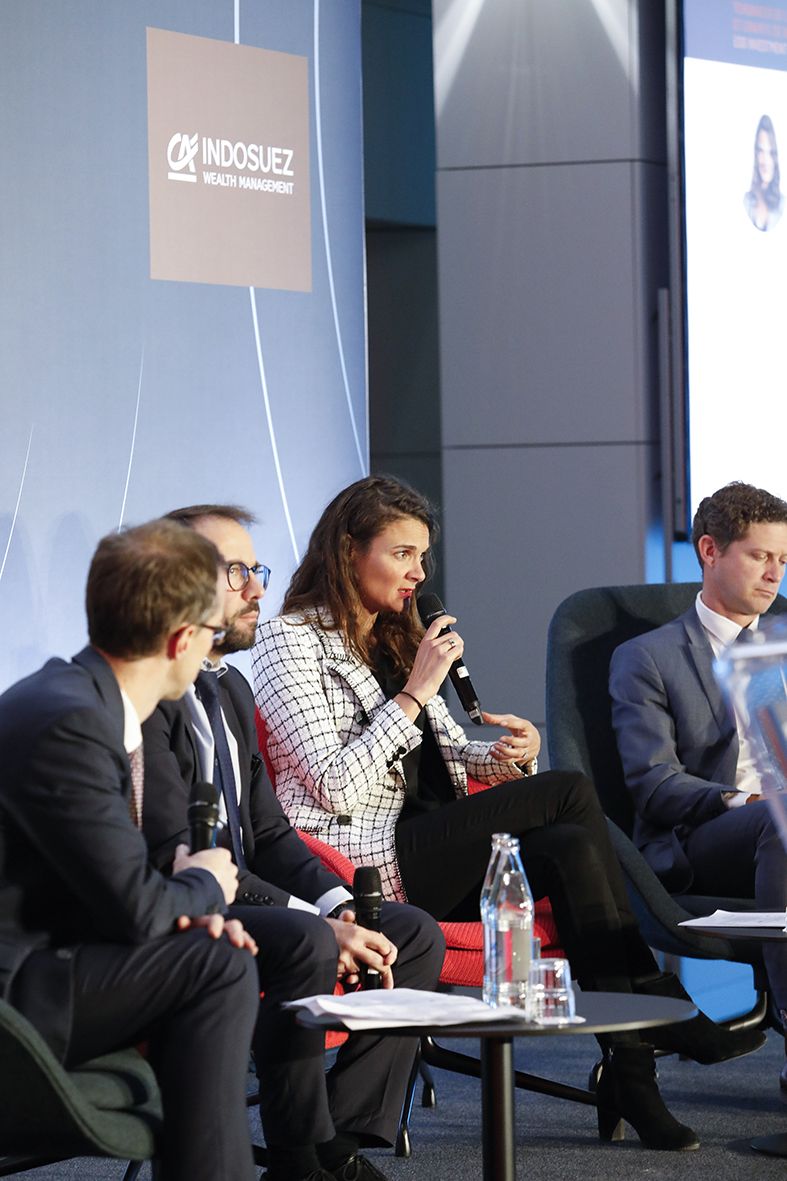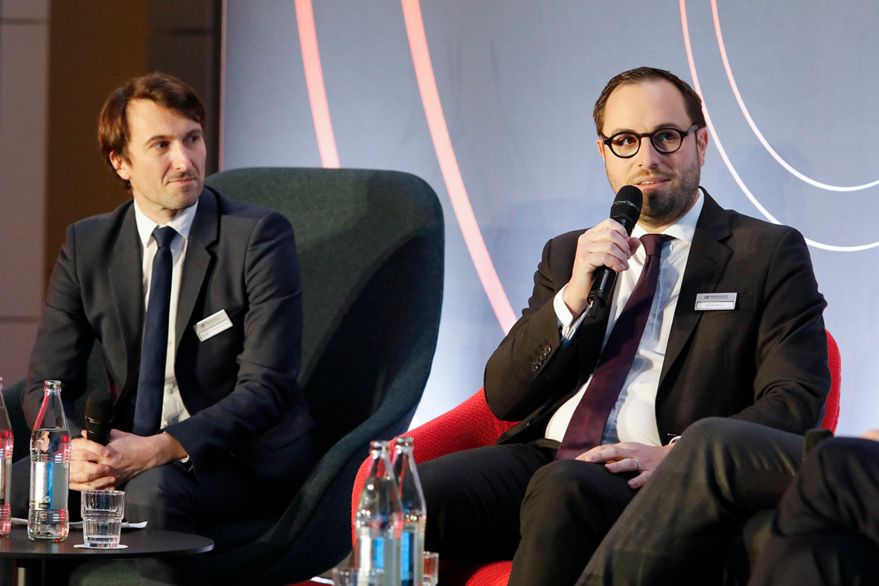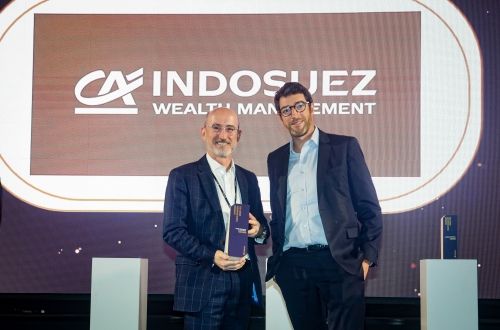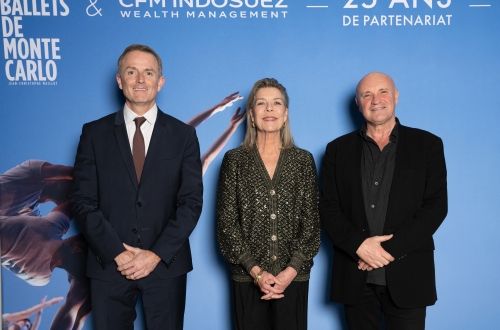What to remember from the Luxembourg Investment Forum?
We are very pleased to have been able to welcome our clients, partners and contacts to a new Luxembourg Investment Forum which was held on 27th and 28th November. Set within the theme of ‘The future of Europe and its challenges,’ this event aimed to shed light on the economic, societal and environmental challenges currently facing our societies, highlighting the role of investment in a context of transition.
Our societies are facing many crises and challenges. Be they geopolitical, energy or climate change, impacting our economies as well as our democracies. Being by our clients and their investments, , it seemed more important than ever to take the necessary step back to understand these changes.
What can we take away from these two days which were filled with interesting panel discussions? We would like to highlight some of the themes which were discussed.
Strategic autonomy
The speech by Enrico Letta, former Italian Prime Minister and current European Union rapporteur on the future of the Single Market, and Claire Lignières Counathe, French Ambassador to Luxembourg, was one of the highlights of the first day of the Luxembourg Investment Forum. Invited to talk about the future of Europe and its strategic autonomy, our speakers reviewed the geopolitical, economic, energy and other crises that have shaken us in recent years. Enrico Letta commented ‘The world around us is no longer the same as it was thirty years ago, at a time when we thought, perhaps naively, that the development and strengthening of trade links with players around the world would be enough to maintain peace and prosperity.’. Brexit, the health crisis, the war in Ukraine, the energy crisis... have made us aware of our dependence on the rest of the world and, therefore, of certain weaknesses. In the face of the many current challenges, Europe must react. For the former Italian Prime Minister, the answer must be to strengthen the single market, through the revision or adaptation of our competition rules. He outlined the view that the reforms and the establishment of a real capital market union must enable industrial champions to emerge and contribute to our sovereignty. ‘If we intend to defend our European interests and values at the table with the major global players, we must continue to act as a rule setter, and avoid finding ourselves in a position of rule taker, and we must be united. It is imperative that we speak with one voice.’.
Climate challenges and the energy transition
The climate challenge, the need for a major energy transition and the role of finance in this respect were at the heart of many discussions. To kick off the Forum, we asked Bertrand Badré, former Chief Financial Officer of the World Bank, current manager of the Blue Like an Orange Sustainable Capital investment fund, if finance could change the world. His opening line was : ‘If you put the question to the entire population, more than 99% of participants would probably answer that it would already be a good thing if Finance stopped harming the planet.’ In his statement, he spoke of the magnitude of the challenge and the need for new mechanisms to ensure funding. ‘Finance is one of the most powerful tools we have in our hands, but we need to be clear sighted: It is in our hands to control the tool and not the other way round,’ he explained.
Christian de Perthuis, economist, Chair of Climate Economics a’t the University of Paris Dauphine, gave his lecture with the backdrop of the COP 28 which has just been held and where climate issues will be center stage. . To limit global warming as much as possible, it is a question of accelerating the development of new energy models, allowing us to get out of fossil fuels, with a peak to be reached in this decade. But it is also a question of adopting new approaches around living carbon, to preserve carbon wells and biodiversity. In his view, the carbon quota mechanism is currently one of the best tools to support this transition.
Financing for tomorrow's challenges
Beyond the mention of challenges, the Luxembourg Investment Forum highlighted the opportunities for investors to act. While, in the space of a few months, the economic and financial context has fundamentally changed against a backdrop of crises, investment solutions and strategies are also adapting. In this context, for example, bond’s are back in favour as an asset class and offer very interesting yields.
On the other hand, it is also worth mentioning the extensive European regulatory work on sustainable finance. It has several objectives. One of them is to ensure that environmental, social and good governance risks are better taken into account when implementing investment strategies. It is also a question of directing investments towards activities that contribute to the objectives of sustainable development. However, the complexity of this regulation may lead to some confusion for investors. If the appeal for sustainable finance is confirmed, one of the challenges is to ensure that we can navigate this new regulatory environment, ensuring that we offer ESG advice and products that are compatible with the different motivations of our clients. It is also essential to ensure a high level of transparency regarding the purpose of investments, to avoid any sense of greenwashing, and to report to investors on the sustainable performance of these choices.
Supporting value creation in Europe
Businesses also have a major role to play in building Europe and in responding to current crises. In this respect, investment in private equity must contribute to the development of the economic actors of tomorrow. During our forum, Nicolas Renauld, Global Head of Private Markets at Indosuez Wealth Management, was able to share his thoughts on the impact of the current economic environment on private market investments.
As a result, to maintain a high level of performance in a more challenging environment owing to higher interest rates, and slower growth, , it is important to be selective in the choice of your partners and companies and to maintain a long term approach aimed at the implementation of a real entrepreneurial strategy of value creation. By aiming for excellence, investment in private markets contributes to making all the difference.
Luxembourg's resilient and agile financial centre
Alain Kinsch, President of the Luxembourg Stock Exchange, and Nicolas Mackel, CEO of Luxembourg for Finance, came back on the history of the development of the Luxembourg financial centre and the elements that made it a success. With a high degree of pragmatism, Luxembourg financial market players and managers remain committed to offering a framework that meets the expectations of both international fund managers and private banking players. ‘By listening to the market, we are committed to continuous improvement,’ explained Alain Kinsch. Maintaining its toolbox, ensuring its stability - characterized by a triple A - Luxembourg proves to be a particularly resilient financial centre. While the challenges are great, there are many opportunities. For both members of the panel, it is a question of strengthening Luxembourg expertise by developing activities throughout the value chain. It is also necessary to take a position on current and future themes, such as sustainable finance, for which the financial centre has established itself as a world leader.
Philanthropic engagement
Philanthropic engagement can take many forms and is another way to contribute to current and future challenges. During an exchange with Tonika Hirdman, Director of the Luxembourg Foundation, and Astrid Campistron, General Manager of the Indosuez Foundation and Head of ESG Development Indosuez Wealth (Europe), we developed this theme and how we can articulate these levers and the way in which we can assist and respond to major societal challenges.
In recent years, starting in Luxembourg, we have developed a powerful ecosystem in the field of philanthropy, allowing our clients to be qualitatively supported in the implementation of an approach serving a cause that is dear to them.
Eat and consume differently, undertake locally
Addressing societal challenges and building the society of tomorrow also involves challenging our consumption patterns, focusing on local resources, and supporting Luxembourg and European know how. As such, the participants were able to discover and appreciate the 100% vegetable cuisine of René Mathieu, elected best vegetable chef of the world in 2021 and 2022, who excels in the art of sublimating what nature has to offer us, whilst respecting nature and our food needs.
December 04, 2023

